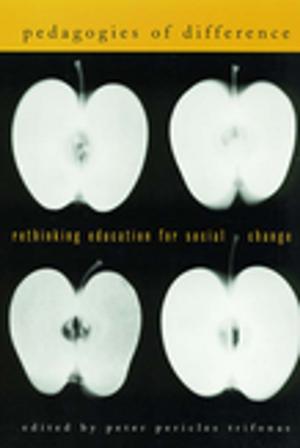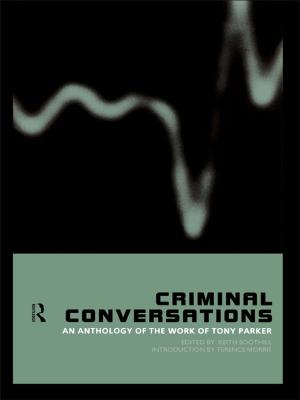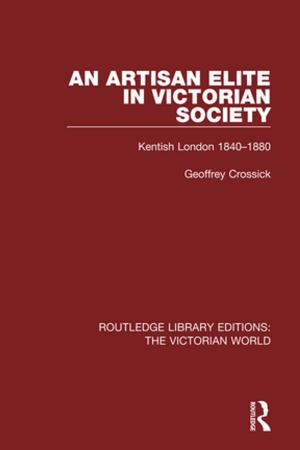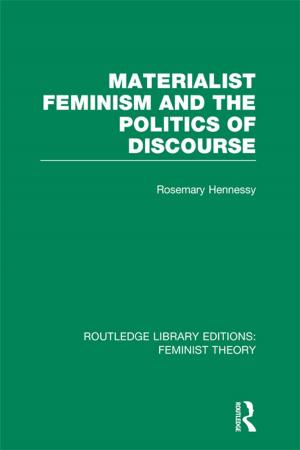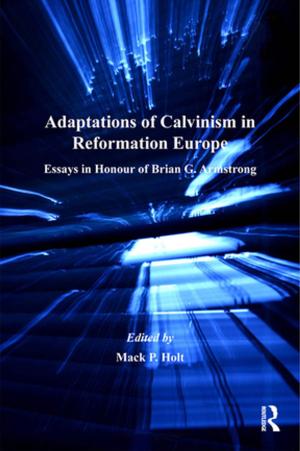The Journals and Letters of Susan Burney
Music and Society in Late Eighteenth-Century England
Nonfiction, Entertainment, Music| Author: | Philip Olleson | ISBN: | 9781317026648 |
| Publisher: | Taylor and Francis | Publication: | March 9, 2016 |
| Imprint: | Routledge | Language: | English |
| Author: | Philip Olleson |
| ISBN: | 9781317026648 |
| Publisher: | Taylor and Francis |
| Publication: | March 9, 2016 |
| Imprint: | Routledge |
| Language: | English |
Susan Burney (1755-1800) was the third daughter of the music historian Charles Burney and the younger sister of the novelist Frances (Fanny) Burney. She grew up in London, where she was able to observe at close quarters the musical life of the capital and to meet the many musicians, men of letters, and artists who visited the family home. After her marriage in 1782 to Molesworth Phillips, a Royal Marines officer who served with Captain Cook on his last voyage, she lived in Surrey and later in rural Ireland. Burney was a knowledgeable enthusiast for music, and particularly for opera, with discriminating tastes and the ability to capture vividly musical life and the personalities involved in it. Her extensive journals and letters, a selection from which is presented here, provide a striking portrait of social, domestic and cultural life in London, the Home Counties and in Ireland in the late eighteenth century. They are of the greatest importance and interest to music and theatre historians, and also contain much that will be of significance and interest for Burney scholars, social historians of England and Ireland, women's historians and historians of the family.
Susan Burney (1755-1800) was the third daughter of the music historian Charles Burney and the younger sister of the novelist Frances (Fanny) Burney. She grew up in London, where she was able to observe at close quarters the musical life of the capital and to meet the many musicians, men of letters, and artists who visited the family home. After her marriage in 1782 to Molesworth Phillips, a Royal Marines officer who served with Captain Cook on his last voyage, she lived in Surrey and later in rural Ireland. Burney was a knowledgeable enthusiast for music, and particularly for opera, with discriminating tastes and the ability to capture vividly musical life and the personalities involved in it. Her extensive journals and letters, a selection from which is presented here, provide a striking portrait of social, domestic and cultural life in London, the Home Counties and in Ireland in the late eighteenth century. They are of the greatest importance and interest to music and theatre historians, and also contain much that will be of significance and interest for Burney scholars, social historians of England and Ireland, women's historians and historians of the family.





